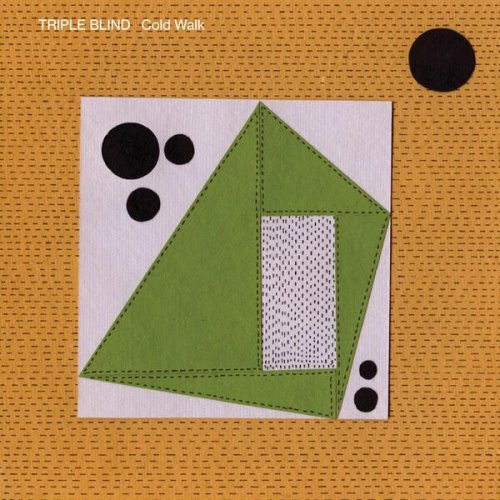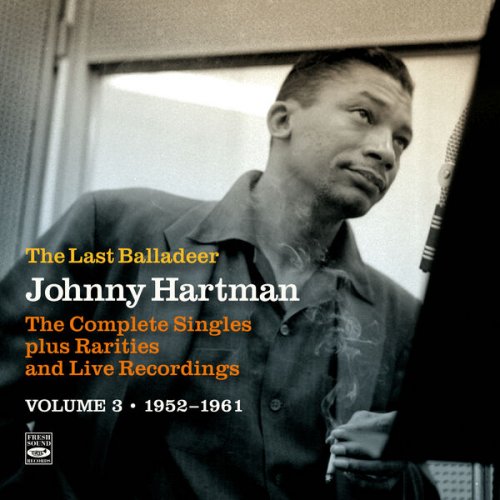Tim Rumsey - Tim Rumsey Transcriptions (2025) [Hi-Res]

Artist: Tim Rumsey
Title: Tim Rumsey Transcriptions
Year Of Release: 2025
Label: Luminate Records
Genre: Classical Piano
Quality: flac lossless (tracks) / flac 24bits - 96.0kHz
Total Time: 00:59:45
Total Size: 192 mb / 1.0 gb
WebSite: Album Preview
TracklistTitle: Tim Rumsey Transcriptions
Year Of Release: 2025
Label: Luminate Records
Genre: Classical Piano
Quality: flac lossless (tracks) / flac 24bits - 96.0kHz
Total Time: 00:59:45
Total Size: 192 mb / 1.0 gb
WebSite: Album Preview
01. Orb and Sceptre (Arr. for Solo Piano by Tim Rumsey)
02. Après un Rêve (Arr. for Solo Piano by Percy Grainger)
03. Nell (Arr. for Solo Piano by Percy Grainger)
04. En avril à Paris (Arr. for Solo Piano by Alexis Weissenberg)
05. Now, O now, I needs must part (Arr. for Solo Piano by Percy Grainger)
06. Blithe Bells (after J.S. Bach's 'Sheep May Safely Graze')
07. Seven Virtuoso Etudes After Gershwin: 1. Liza
08. Variations on Gershwin’s 'Shall We Dance?'
09. Dido and Aeneas: Dido's Lament - 'When I am laid in earth' (Arr. for Solo Piano by Tim Rumsey)
10. The Sorcerer's Apprentice (Arr. for Solo Piano by Tim Rumsey)
Tim Rumsey writes: 'Piano transcriptions have a rich history and often with strong connections to famous composers and pianists, something which I’ve tried to showcase in this recording, featuring a mix of existing transcriptions along with my own efforts.
An interest in jazz fuelled my initial curiosity for these transcriptions. Ten years ago, I came across Gershwin’s Piano Rolls and transcribed the music from the recordings to put together my own solo arrangements, often playing them as encores in concerts. I only discovered later that someone had already done the hard work of transcribing them note for note in a published score of piano duets! Gershwin’s music lends itself so well to piano arrangement, as is evident from the number of composers who have attempted it over the years, and this is when I discovered Earl Wild. A phenomenal pianist in his own right, his Études are known to most pianists: Liza is full of effortless virtuosity with the melody being passed all over the place, almost as an accompaniment to the filigree material which surrounds it. Around the same time, I also found Alexis Weissenberg’s masterful arrangement of Charles Trenet’s En avril, à Paris. Full of whimsical improvisations and extremely sophisticated harmonic shifts not unlike the Wild, it is part of a set of six Trenet songs Weissenberg assembled in the 1950s, broadcast on the radio and virtually forgotten until Marc-André Hamelin brought them to light recently.
Now settled on a voyage of transcription discovery, I came across the fantastic body of work which belongs to the Australian composer, Percy Grainger. Being such a unique musical voice, his arrangements of Après un rêve and Nell owe much of their makeup to Fauré’s originals, being examples of the way in which more faithful transcriptions can take shape. Now, O Now, I needs must part pushes the boundaries much further than John Dowland’s original Jacobean song: some of Grainger’s harmony wouldn’t sound out of place on a Bill Evans recording. The ‘free ramble’ of Blithe Bells, as Grainger says, is ‘coloured by the thought that Bach…may have aimed at giving a hint of the sound of sheep bells’ with the thirds and tenths which characterise the music from the very opening.
It's only when you begin to embark on a piano transcription, you really start to realise how masterful the original work is. When transcribers change so much of the original music – in terms of its harmony, rhythm, melody, and structure – you would be forgiven for thinking that the essence of the original completely disappears. However, it still somehow remains in its strongest and often purest form. One gets to hear it again in a totally different light, with the perspective of the transcriber honouring the true spirit of the original.'

![Mateus Asato - ASATO (2026) [Hi-Res] Mateus Asato - ASATO (2026) [Hi-Res]](https://www.dibpic.com/uploads/posts/2026-02/1772112407_egqdz3e9dom2b_600.jpg)

![Chad Lefkowitz-Brown - City Spirit (2026) [Hi-Res] Chad Lefkowitz-Brown - City Spirit (2026) [Hi-Res]](https://www.dibpic.com/uploads/posts/2026-02/1772171883_y3mc4z2lmsr7a_600.jpg)


![Julian Lage - Scenes From Above (Japanese Edition Bonus Track) (2026) [SHM-CD] Julian Lage - Scenes From Above (Japanese Edition Bonus Track) (2026) [SHM-CD]](https://www.dibpic.com/uploads/posts/2026-02/1772029332_front.jpg)
![Mehmet Ali Sanlikol - The Electric Oud Man Speaks and You Listen... (2026) [Hi-Res] Mehmet Ali Sanlikol - The Electric Oud Man Speaks and You Listen... (2026) [Hi-Res]](https://img.israbox.com/img/2026-02/28/0areq907i6p8nj96306jai1a0.jpg)
